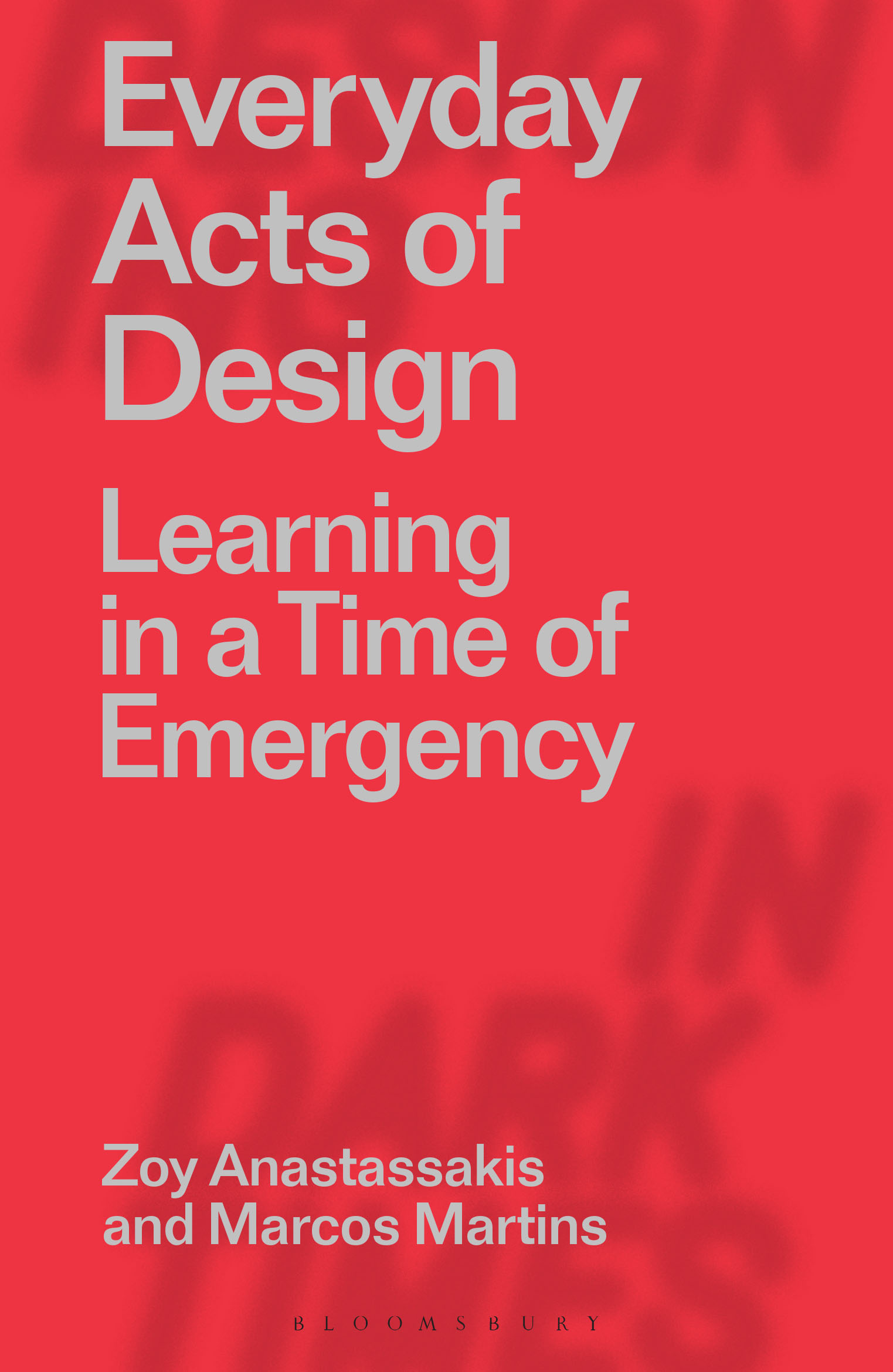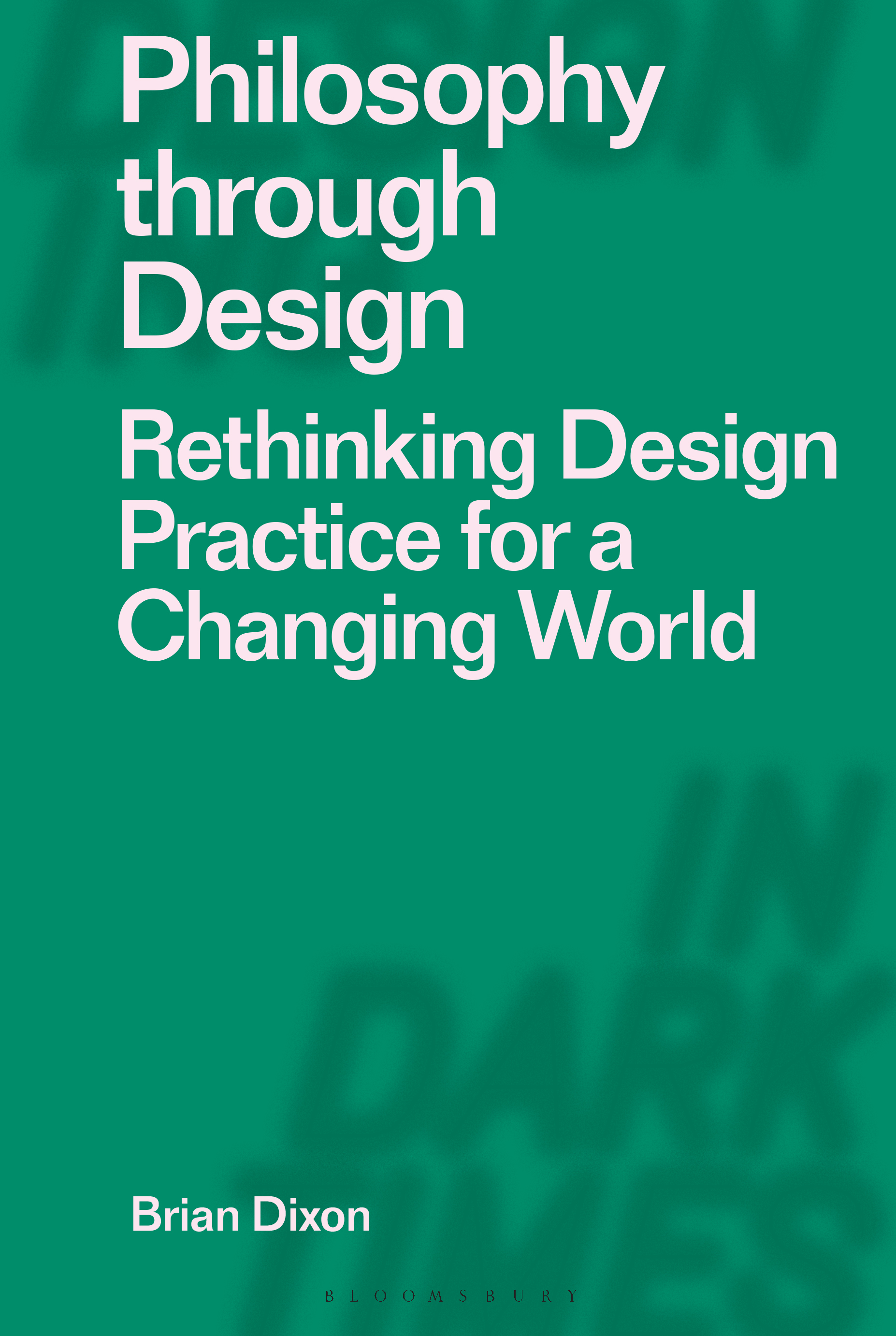
Bloomsbury
How Design Happens offers a range of philosophical perspectives on the nature of the design process and the way designed artifacts, communications, services and systems influence human existence. This collection provides a way of demarcating the agency and responsibility of designers.
Starting with Heideggerian notions of things, but adding Elaine Scarry’s phenomenology of acts of making in order to supplement Bruno Latour’s account of actants, these essays explain how designers redirect social practices by animating elements of our built environments. What is (called/calls for) Designing? Bridges the way designers learn to, and then practice, studio-based designing, and the way anthropologists of material culture and sociologists of technology are coming, finally, to understand the significance of the forms of material quality designers give to our societies.
The collection concludes by describing how the nature and power of designing is being transformed as it engages in ‘Agile’ ways with digital interaction environments on the one hand, and more complex social challenges, on the other.
Cameron Tonkinwise is an Australian design theorist, educator, and writer whose work focuses on sustainable design, transition design, and the philosophy of design. He is Professor of Design Studies and Research Director at the Design Innovation Research Centre at the University of Technology Sydney. Previously, he held senior academic positions at Carnegie Mellon University and Parsons School for Design, The New School. Tonkinwise has published widely on design ethics, systems change, service design, and the sharing economy. His research advocates for design's role in enabling structural transformations toward more sustainable and equitable futures.








